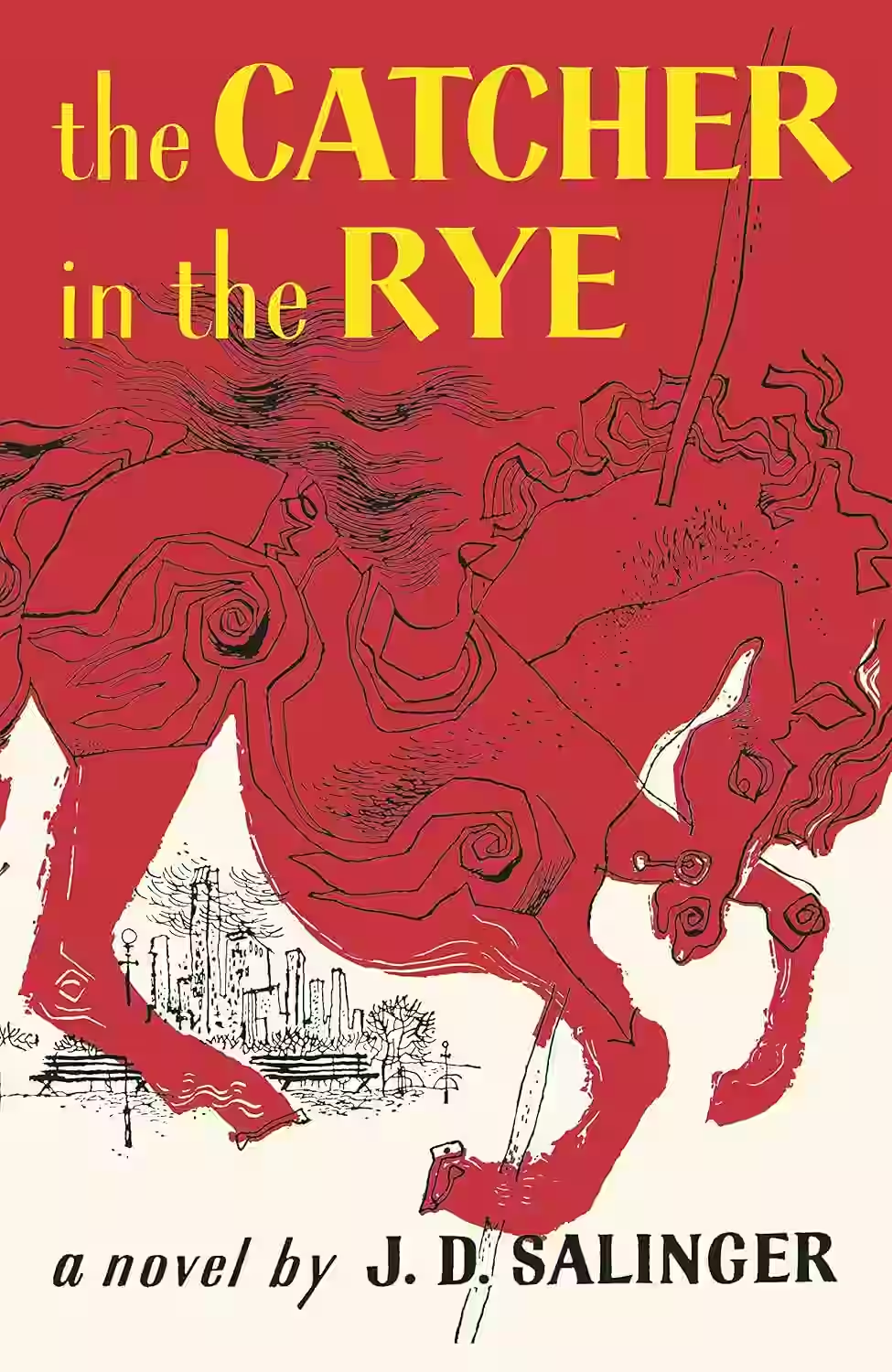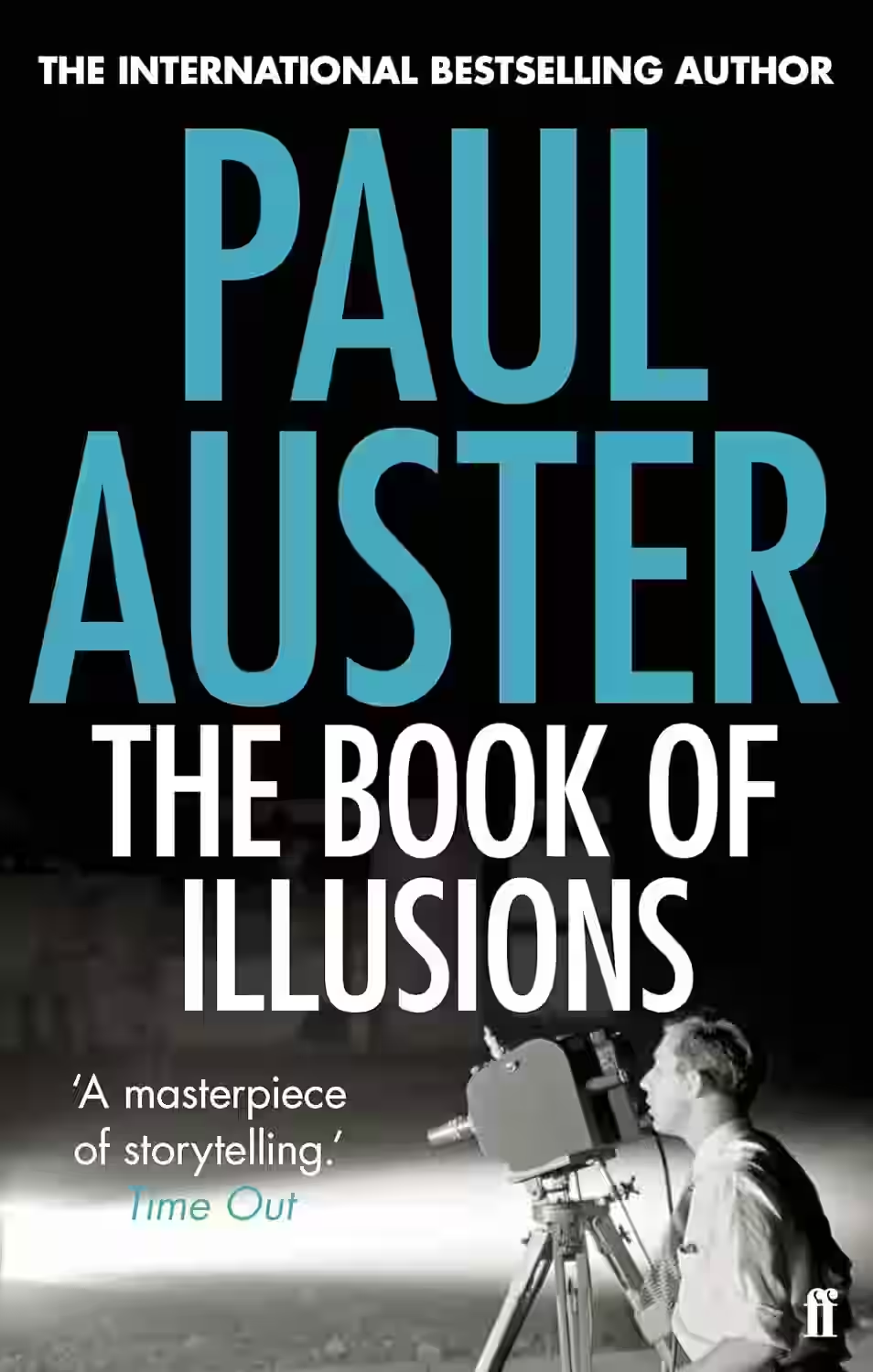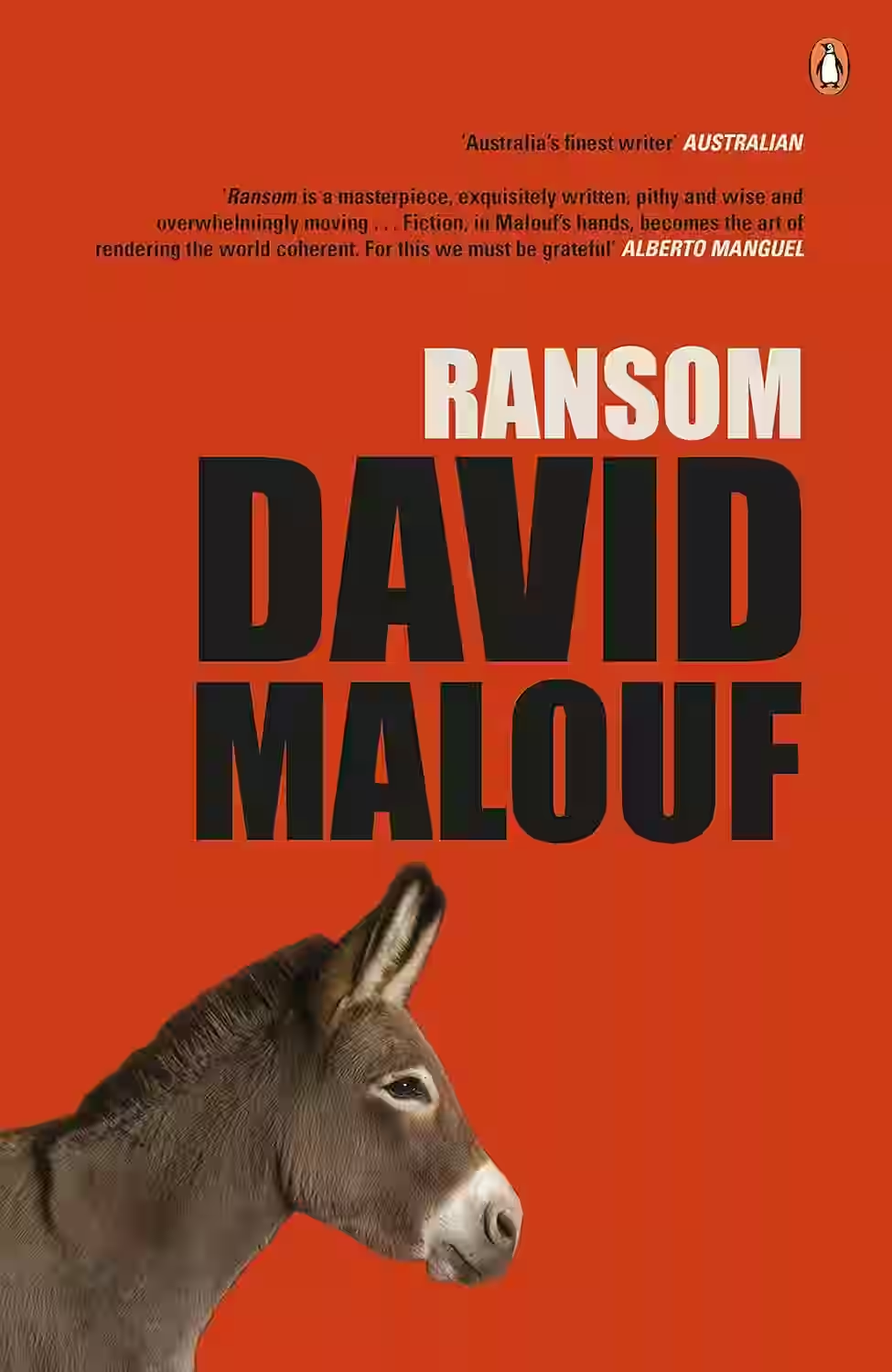
J.D. Salinger's 'Franny and Zooey' is a compelling exploration of spiritual angst and intellectual unraveling within the affluent Glass family. The novel, which consists of a short story and a novella, delves into the existential crises of Franny Glass, a disenchanted college student, and her brother Zooey, an actor with a sharp wit and deeper understanding of his sister's turmoil. Themes of identity, religion, and the pressures of intellectual pretension permeate this work, which is noted for its incisive dialogue and rich character development. Salinger's unique narrative style captures the intricate dynamics of family and the quest for authenticity within a superficial society, leaving a lasting impact on readers who appreciate introspective literature.
About J.D. Salinger
Known for his insightful exploration of adolescent angst and alienation, J.D. Salinger achieved literary fame with The Catcher in the Rye. His protagonist, Holden Caulfield, became an iconic figure for his cynical yet vulnerable perspective on the adult world. Salinger's concise prose and focus on inner turmoil resonated deeply with readers, though he later retreated from public life, adding to his enigmatic persona.
Other Books by J.D. Salinger

The Catcher in the Rye
A profound exploration of adolescent alienation follows sixteen-year-old Holden Caulfield through three days in New York City after being expelled from his boarding school. As he encounters various characters and situations, Holden struggles with questions of identity, connection, and the loss of innocence, all while fighting against what he sees as the adult world's "phoniness."
Similar Books

The Book of Illusions
by Paul Auster
Paul Auster's 'The Book of Illusions' delves deep into themes of grief, identity, and redemption through a layered narrative that intertwines the lives of its protagonist, David Zimmer, and the enigmatic silent film star Hector Mann. Following a family tragedy, Zimmer immerses himself in Mann's films, writing a book that ultimately pulls him into a complex web of mystery and revelation. Auster masterfully crafts a thought-provoking exploration of how one's life can be dramatically altered by chance encounters and hidden truths, blending elements of noir and existential reflection. The novel captivates with its intricate plot and introspective prose, leaving readers to ponder the illusions that shape reality.

The Razor's Edge
In W. Somerset Maugham's classic novel "The Razor's Edge," readers are taken on a journey following the life of Larry Darrell, a World War I veteran in search of meaning and truth. The story delves into themes of spiritual enlightenment, personal growth, and the pursuit of one's essence. Through vibrant characters and rich narration, Maugham skillfully weaves a narrative that explores the societal constraints of the time and the individual quest for authenticity. Set against the backdrop of post-war uncertainty, the novel paints a poignant picture of self-discovery and the different paths one may take in the pursuit of happiness and fulfillment.

Ransom
by David Malouf
David Malouf's 'Ransom' offers a poignant reimagining of a brief, but pivotal episode in Homer's 'Iliad'. The novel focuses on King Priam of Troy's journey to retrieve the body of his slain son Hector from the Greek warrior Achilles. Malouf explores themes of grief, redemption, and the transformative power of human compassion. The narrative shifts between Priam's introspective reflections and Achilles' struggles with his own wrath and sorrow, delving into the interplay of fate and vulnerability in the face of monumental loss. Malouf's lyrical prose and deep empathy for his characters render this tale not just a retelling, but a profound meditation on the potential for change and understanding even amidst the chaos of war.

The Wildlands
by Abby Geni
In 'The Wildlands,' Abby Geni crafts a haunting exploration of loss, survival, and ecological reverence amidst a world scarred by disaster. Set in the aftermath of a catastrophic tornado that obliterates a family farm in rural Oklahoma, the novel follows the McCloud siblings as they grapple with poverty and fragmented dreams. Significant themes include the transformative power of grief and the unique bonds formed in shared hardship. Geni interweaves elements of a thrilling adventure with profound contemplations on humanity’s impact on the natural world. Engaging and poetic, 'The Wildlands' invites readers into its vivid landscapes and complex character dynamics.